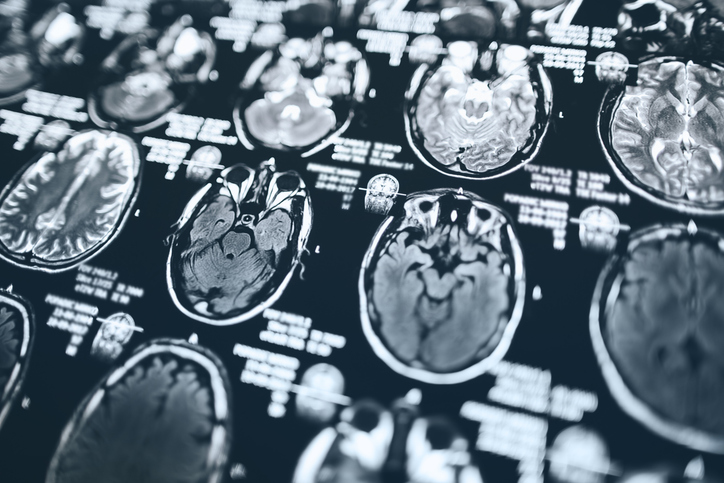
Led by scientists from UCLA, a group of researchers has recently identified specific genes linked to neurodegeneration that occurs in dementia. This discovery marks a significant step in developing new therapies that can slow progression of disease in dementia patients, such as those with Alzheimer’s.
In their study, published in Nature Medicine, the researchers hypothesized that mouse models of dementia have been failing to produce translatable results to humans because they historically focus on one single inbred strain.
To broaden the implications of their findings, the team analyzed the mutation caused by frontotemporal dementia in three strains of mice, each of which genetically distinct. They looked at genetic activity occurring in various brain regions at different stages of degeneration.
The result was the identification of two gene clusters associated with neurodegeneration in all three of the mouse models and in susceptible brain regions. These groups of genes are involved in mutations resulting in overproduction of the protein tau, a key indicator of neurodegeneration associated in major forms of dementia.
Though the study was conducted in mouse models of dementia, additional experiments involving postmortem human tissues indicated similar genetic processes occurring in human brains.
READ MORE: Link Between Herpes Virus and Alzheimer’s Disease
“Our study is the most comprehensive published effort to date to identify the source of neurodegeneration across species and provides an important roadmap for the development of potentially effective new drugs for Alzheimer’s disease and other dementia,” said senior author Dr. Daniel Geschwind, professor of neurology and psychiatry. Geschwind also holds the Gordon and Virginia MacDonald Distinguished Chair in Human Genetics at the David Geffen School of Medicine at UCLA.
With over 5 million people in the US having Alzheimer’s disease or other dementias, research into treatments that can halt disease progression has been very prominent as of recent. The US Centers for Disease Control and Prevention reports that this number of cases is likely to triple by 2060. No treatment for the disease currently exists, however therapies such as virtual reality have been surmised to be potential alleviators.
The approach employed in this study is known as “systems biology,” a process that applies powerful genomic and analytic tools to study the entire genome. This process accounts for the complex interactions of a plethora of genes and their products. Similar processes to those identified in the study have been identified as contributors to Alzheimer’s progression as well as supranuclear palsy, a condition affecting one’s cognition and movement.
READ MORE: VR Simulating Dementia Makes Youth Sympathize with Elders
“There is still a significant amount of work that needs to be done to develop drugs that could be effectively used in humans against these targets, but this is an encouraging step,” said Geschwind.
A UCLA-led research team has identified genetic processes involved in the #neurodegeneration that occurs in #dementia — a step on the path toward developing therapies that could slow or stop the course of the disease. ➨ https://t.co/3jTgU7X4gB pic.twitter.com/H7ANMnmYJh
— UCLA Health (@UCLAHealth) December 4, 2018
Sources: UCLA, Nature Medicine, ScienceDaily







 © 2025 Mashup Media, LLC, a Formedics Property. All Rights Reserved.
© 2025 Mashup Media, LLC, a Formedics Property. All Rights Reserved.